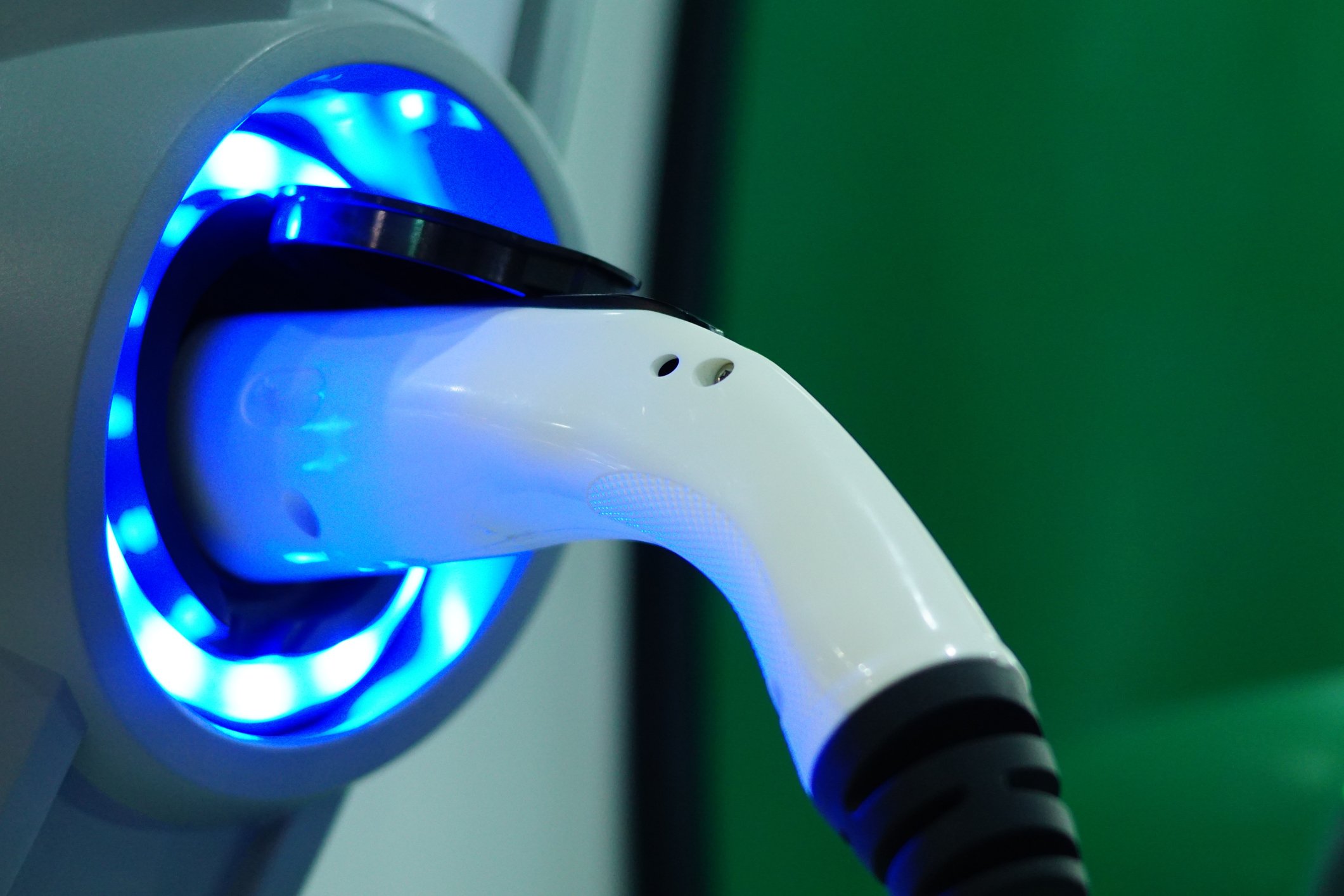Sociedad Quimica y Minera de Chile (SQM 6.77%) and Albemarle (ALB 1.16%) were hot stocks on Wall Street in 2016 and 2017. In that two-year span, their share prices rose roughly 60% and 120%, respectively, as investors bid up the price of just about anything related to lithium, a key ingredient in batteries. Now, however, due to weak pricing and oversupply concerns, both lithium prices and the shares of these lithium producers have crashed back down to Earth.
The commodity's long-term story is still strong, though, and you might still find one of these two companies to your liking. But which one makes the better investment today?
Some similarities
The first thing to note about Sociedad Quimica (SQM) and Albemarle is that while they are lithium producers, both are diversified businesses. Albemarle also produces bromine and catalysts for the energy industry, which together account for around half of its adjusted EBITDA. SQM's other segments include plant nutrition products, iodine, potassium, and industrial chemicals, which combine to provide a little more than half of its gross profits. The point is that while lithium is important to both, neither is totally reliant on it.

Image source: Getty Images
That said, lithium has been and will likely remain the primary driver of each company's results. That's partly because of Wall Street, which has gone from upbeat to downbeat on the industrial metal. But it's also because SQM and Albemarle plan to keep increasing their production, despite the near-term oversupply concerns that have pulled lithium prices lower.
Which brings up the long-term lithium story, one that is still fairly compelling. Albemarle estimates that demand will grow at a compound annual rate of 21% between 2018 and 2025. Electric vehicles will be the primary source of that growth, as automakers look to reduce the amount of carbon dioxide their fleets produce and improve their vehicles' overall energy efficiency. So, for investors looking to play the long game, there's still a reason to like SQM and Albemarle. And with the shares of each trading at roughly half of their peak levels, they might even be looked at as out-of-favor value stocks. Further, those share price declines have lifted their dividend yields to compelling levels, historically speaking, which should be of interest to income investors.
Some key differences
Albemarle has been performing better of late because it tends to favor long-term contracts. Thus, the price decline in lithium hasn't hit its top and bottom lines all that hard. SQM, on the other hand, prefers to sell more on the spot market, which exposes it to short-term volatility, for good or ill. If lithium prices start to rise again, however, the results will show up in SQM's earnings more quickly than Albemarle's, and it may suddenly look like the better option. That's a risk/reward trade-off that investors need to think about carefully.
SQM Debt to Equity Ratio (Quarterly) data by YCharts
From a balance sheet perspective, meanwhile, Albemarle is in better shape. Its debt-to-equity ratio is around 0.50, compared to SQM's more heavily leveraged 0.86. To be fair, neither is exactly in bad shape, as both cover interest expenses by more than 10 times. However, more leverage coupled with a payout ratio that has historically been higher makes SQM a much riskier dividend play today -- its payout ratio is over 100%, which warrants caution. For reference, Albemarle's payout ratio is a reasonable 30%. Conservative investors and those looking for dividend income should probably favor Albemarle.
Another issue to consider is location. Albemarle is based out of the United States, so there's nothing unusual there. SQM is a Chilean company, which means U.S. investors will have to keep track of the securities rules and regulations of another country. To be fair, both companies have operations in Chile, so Albemarle isn't immune to the risks of operating in a foreign country. But there's often a higher level of effort needed to keep track of a company based in a foreign country.
A direct example of this shows up as the first risk factor listed in the company's Form 20-F (the foreign version of a Form 10-K), in which it addresses a series of interactions with the Chilean Internal Revenue Service. A little further down in this report it notes that it has also had to deal with "material weakness in our internal controls over payments directed by the office of the former Chief Executive Officer." It's not as easy to track potentially worrisome issues like these if you live in the U.S. While that factor on its own should not be enough to make investors take SQM off their watch lists, those who prefer to keep things simple should strongly consider the implications here.
The quick takeaway
There are more points that investors should weigh when it comes to SQM and Albemarle, including the details of their development plans. But the big picture should be pretty clear by now. Aggressive investors who think that lithium markets are about to turn around will likely prefer SQM, since its financial results will respond more dramatically to changing lithium prices.
Those who take a more conservative approach, however, will probably be better off with Albemarle. It's on stronger financial ground, its dividend is well covered, and there's no need to think about a foreign country's tax and political issues. The company's focus on long-term contracts means that Albemarle is less likely to excite you, but it's also less likely to disappoint. Most investors will be better off erring on the side of caution and sticking with Albemarle.







